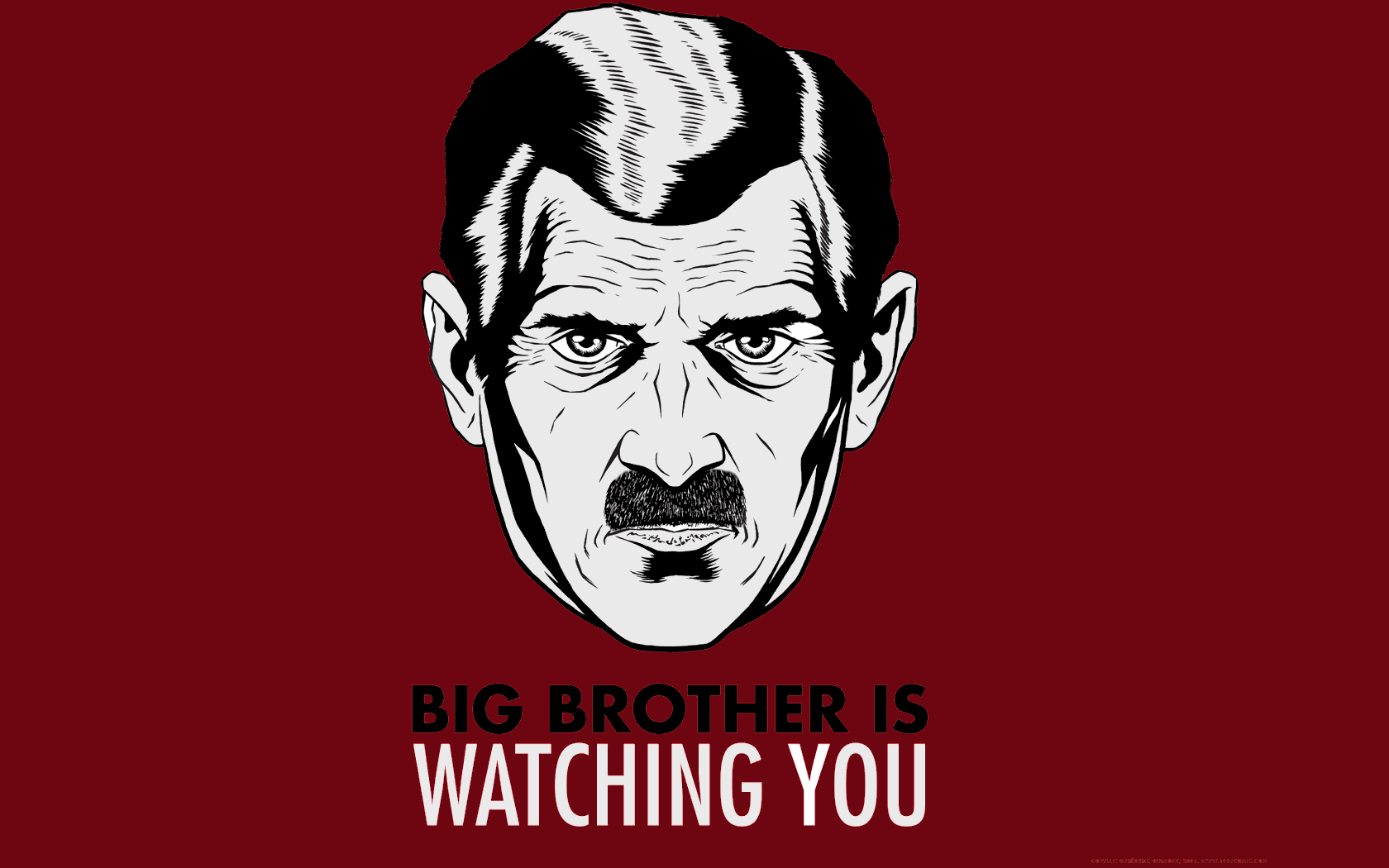Big Brother is watching
July 15, 2018 | Expert Insights
Background:
Various states and regimes, at different times and places, established bodies which could be described as a secret service or secret police – for example, the Agentes in rebus of the late Roman Empire were sometimes defined as such. In modern times, the French police officer Joseph Fouché is sometimes regarded as the primary pioneer within secret intelligence.
The Five Eyes was formally founded in the aftermath of the Second World War, through the multilateral agreement for co-operation in signals intelligence (SIGINT), known as the UKUSA Agreement, on 5 March 1946.
Initially compromising only the UK and the United States, it expanded to also include Canada in 1948 and Australia and New Zealand in 1956, all of these last three English-speaking countries, members of the Commonwealth of Nations and with similar political systems when compared to Britain.
The Facebook–Cambridge Analytica data scandal involved the collection of personally identifiable information of up to 87 million Facebook usersthat Cambridge Analytica began collecting in 2014. The data was allegedly used to attempt to influence voter opinion on behalf of politicians who hired them. Following the discovery, Facebook apologized amid public outcry and fallen stock prices. The way that Cambridge Analytica collected the data was called "inappropriate"
George Orwell's 1984 is a classic critique of a totalitarian society. More specifically, Orwell is warning his readers against the dangers of unchecked political power, which he shows will result in the loss of free will and self- governance. In his book, he effectively explores the themes of mass media control, government surveillance, totalitarianism and how a dictator can manipulate and control history, thoughts, and lives in such a way that no one can escape it.
Analysis:
It is known that each member of the alliance is responsible for intelligence gathering and analysis over specific regions of the world.
Britain monitors Europe, Western Russia, Middle East and Hong Kong. Meanwhile, the United States also oversees the Middle East plus China, Russia, Africa and the Caribbean.
Australia is responsible for South and East Asia and New Zealand for the South Pacific and Southeast Asia. Canada monitors the interior of Russia and China and parts of Latin America.
In spite of this division, they work mainly together, and the ‘final product’ generally is a result of more than one of its members; helping each other is an essential part of this agreement.
We live in an intrusive, overweening state in both the East and the West. In the early 2000s, the U.S. government regularly killed people in nations with which it was not officially at war by using remote-controlled aircraft. This tactic became known as “signature strikes,” which target men of military age showing a threatening pattern of behavior associated with terrorists, such as talking to known terrorists by telephone or attending a meeting with them. Several hundred of these strikes have been carried out in Pakistan, Yemen, and Somalia. And now metadata collection — the gathering of trillions of bits of information that the intelligence community analyzes in order to recognize previously unseen patterns — allows governments to quietly compile dossiers on the behavior of millions of individuals.
It's not clear that Cambridge Analytica did anything very special with their psychographic targeting. But that's not to say that the data, that Facebook and other big data companies have, can't be effectively used for political campaigning. Some of the original Cambridge University researchers argue that, in an era when people are disengaged from politics and often ill-informed, microtargeting voters to connect with their individual concerns could be a useful way to get the population re-engaged with the political process.
Are we living in “Nineteen Eighty-Four”? The technological possibilities of surveillance and data collection and storage surely surpass what Orwell imagined.
Assessment:
Our assessment is that the most powerful, effective and frightening notion of 1984 is that the complete control of an entire nation under a totalitarian state is perfectly possible. We believe that Orwell’s novella is a warning for the human race. We feel that It highlights the importance of resisting mass control and oppression and reminds us that the power lies with the people.


